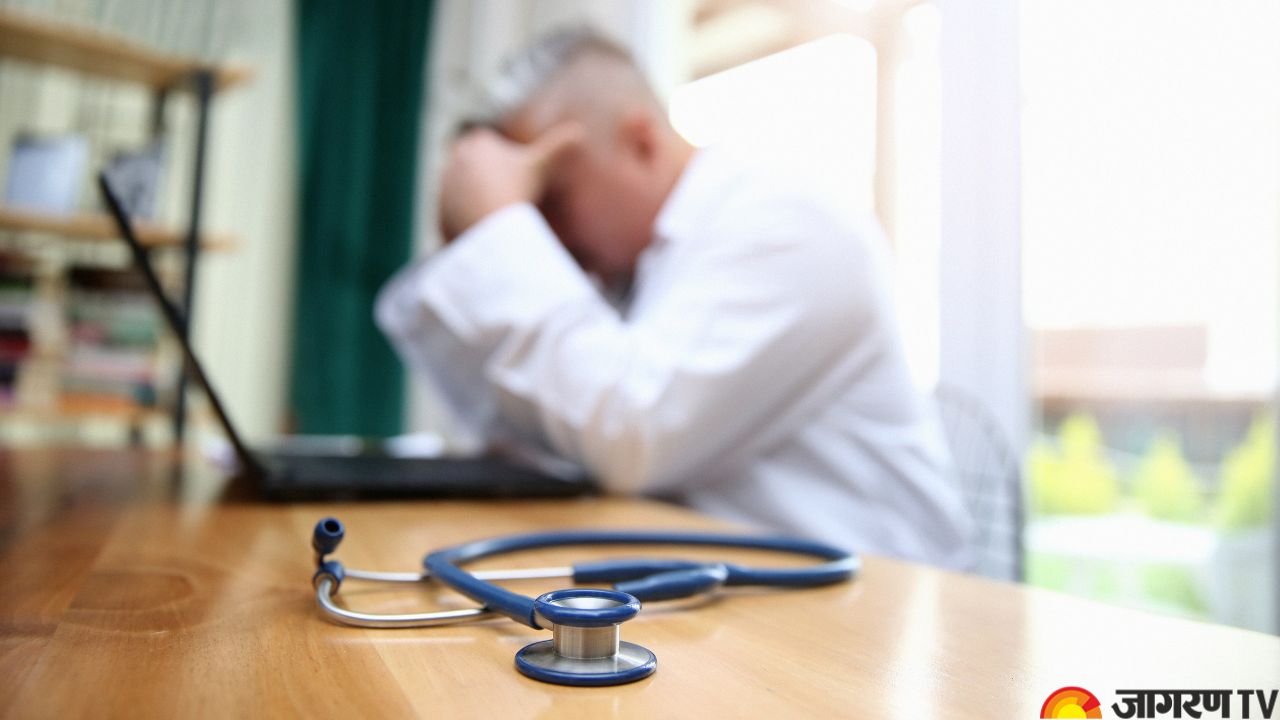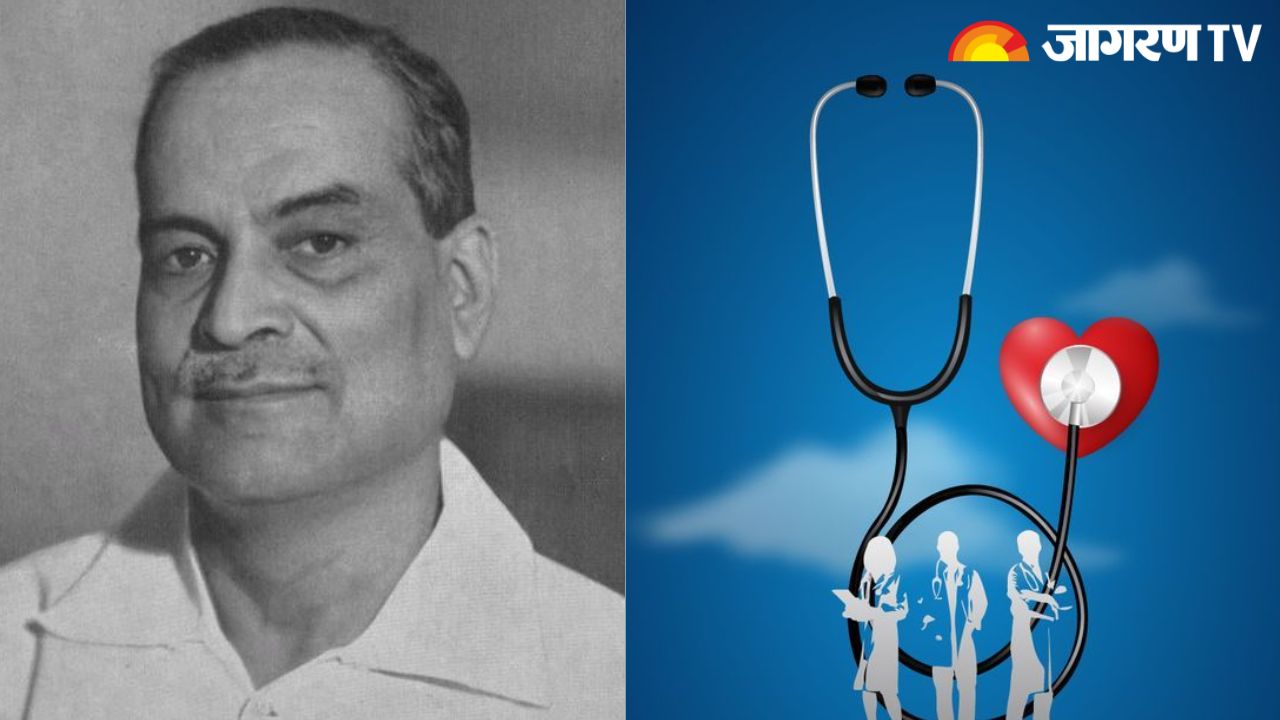National Doctor’s Day 2025: Mental Health Challenges Faced by Doctors and Medical Professionals

National Doctor’s Day 2025: India celebrates National Doctor’s Day annually on 1st July, honouring the dedicated and relentless efforts of doctors and medical professionals and the crucial role they play in saving lives. The Indian Government established National Doctor’s Day to honour Dr. Bidhan Chandra Roy, a great physician and West Bengal’s second Chief Minister, who played an important role in establishing the Indian Medical Association (IMA) and the Medical Council of India (MCI). The day celebrates the birth and death anniversary of Dr. BC Roy.
National Doctor’s Day 2025 Theme
The subject for National Doctor’s Day 2025, “Behind the Mask: Who Heals the Healers?” adds an important depth to the celebration. It highlights the often-overlooked mental and emotional issues that healthcare personnel endure. This day serves as a sobering reminder that, while doctors help others, they too require support, empathy, and care for their own well-being.
Mental Health of Doctors
Doctors and medical professionals are the foundation of our healthcare systems, devoting their careers to helping others. However, underneath their tough exteriors is frequently a silent struggle: a number of mental health issues. From job-related pressures to systemic challenges in healthcare, these professionals endure specific stressors that contribute to high rates of burnout, depression, anxiety, PTSD, and even suicide.
Demanding Jobs and Burnout Risks
The very nature of medical practice creates a fertile ground for mental health issues.
Decision Making and Constant Pressure
Medical personnel frequently face life-or-death decisions, often with limited time and resources. The emotional weight of such duty, along with the fear of failure and the possibility of medical blunders, causes significant psychological stress.
Exposure to Trauma and Suffering
Doctors and nurses are frequently exposed to human pain, illness, and death. Witnessing intense suffering, giving devastating news, and dealing with traumatic occurrences can all result in vicarious trauma and compassion fatigue. The COVID-19 pandemic exacerbated this situation by exposing healthcare personnel to extraordinary levels of disease and mortality, frequently with insufficient resources.
Excessive Workloads and Long Hours
Long and unpredictable shifts are typical of the medical profession. Extended working hours have repeatedly been linked to a higher incidence of depression, anxiety, and burnout, according to research. This has an influence not just on their personal lives and work-life balance, but also on their attentiveness and ability to provide quality patient care.
Administrative Responsibility
Beyond direct patient care, medical personnel are frequently confronted with burdensome administrative responsibilities, which can feel like a distraction from their job and add to feelings of underappreciated and anxiety.
Lack of Control
Despite their skill, many doctors experience a lack of personal control over their work surroundings, schedules, and even patient care decisions, which may be a major source of stress.
Abuse and Aggression
Healthcare staff may also experience abuse and aggression from demanding patients or families, which adds to the stress and emotional toll.
The Social Stigma of Being “Perfect”
-
Medical training frequently instills a culture of perfectionism and resilience, in which being vulnerable is viewed as a weakness. Doctors are expected to be "superhuman," capable of bearing anything that comes their way without breaking. This makes it extremely difficult for individuals to admit their problems, let alone seek help.
-
Fear of stigmatisation and related career consequences, such as license issues and missed job prospects, is a big barrier to seeking help. Many people are concerned that admitting a mental health illness will render them unfit to practise, despite the fact that receiving assistance can help them become better providers.
-
Uncertainty over how doctors’ personal health information will be kept private, particularly considering the overlap between their personal and professional lives, can discourage healthcare workers from seeking mental health services.
Mental Health Challenges
-
Doctors have higher rates of depression, anxiety, and burnout than the general population.
-
Suicide rates among physicians are twice as high as in the general population.
-
Burnout is very common, with research indicating that a significant percentage of physicians exhibit symptoms of emotional tiredness and cynicism.
Impact on Patient and Healthcare
The mental health crises among doctors and medical workers could have major consequences for patient treatment and the overall healthcare system.
Medical Errors
Burnout and poor mental health have been shown to increase the likelihood of medical errors and malpractice.
Patient Satisfaction
Exhausted and disengaged doctors may struggle to offer attentive and compassionate care, resulting in lower patient satisfaction.
Workforce Shortages
The mental health burden contributes to healthcare workers quitting their field prematurely, increasing current workforce shortages, and making it more difficult for patients to get care.









